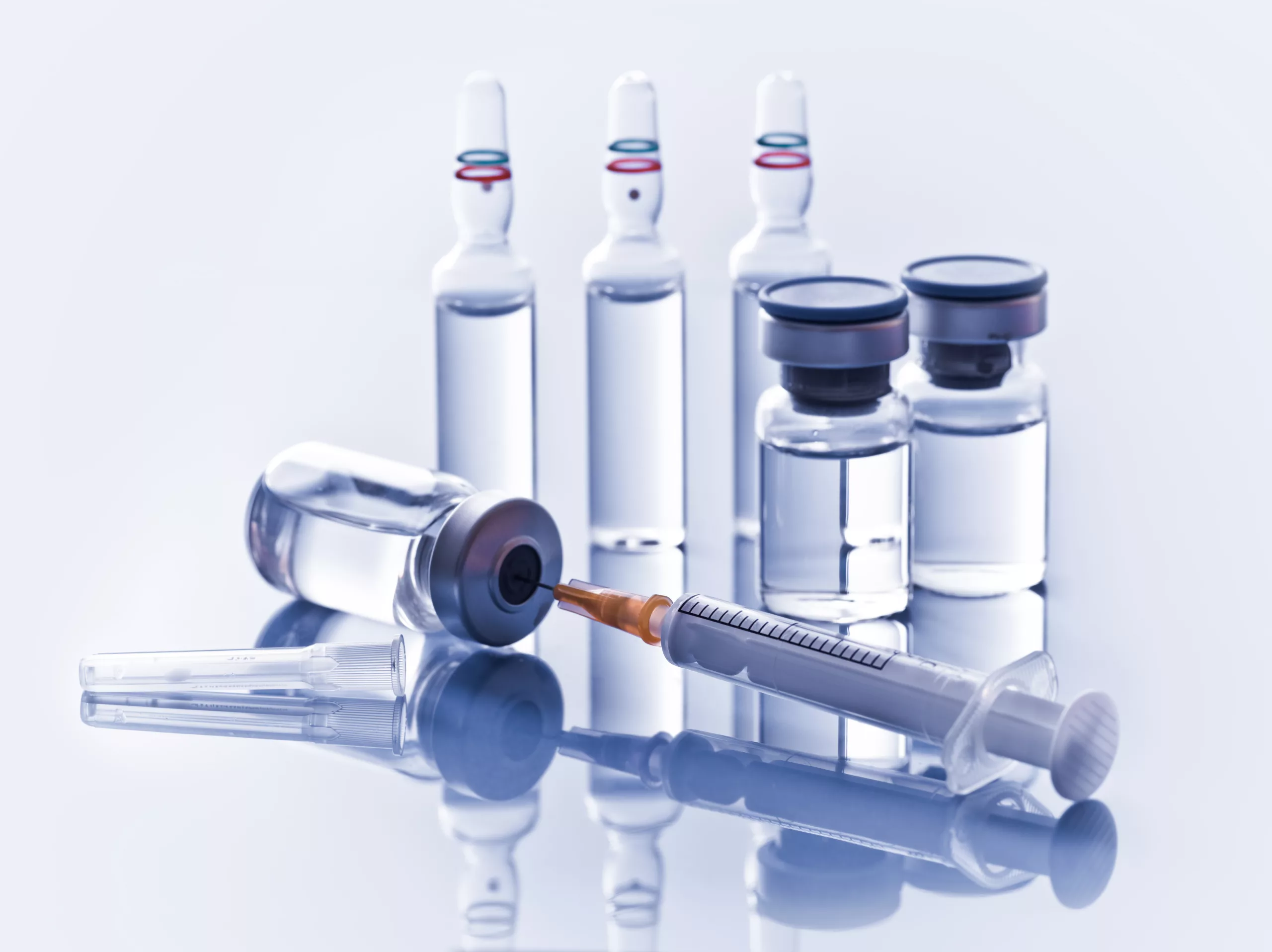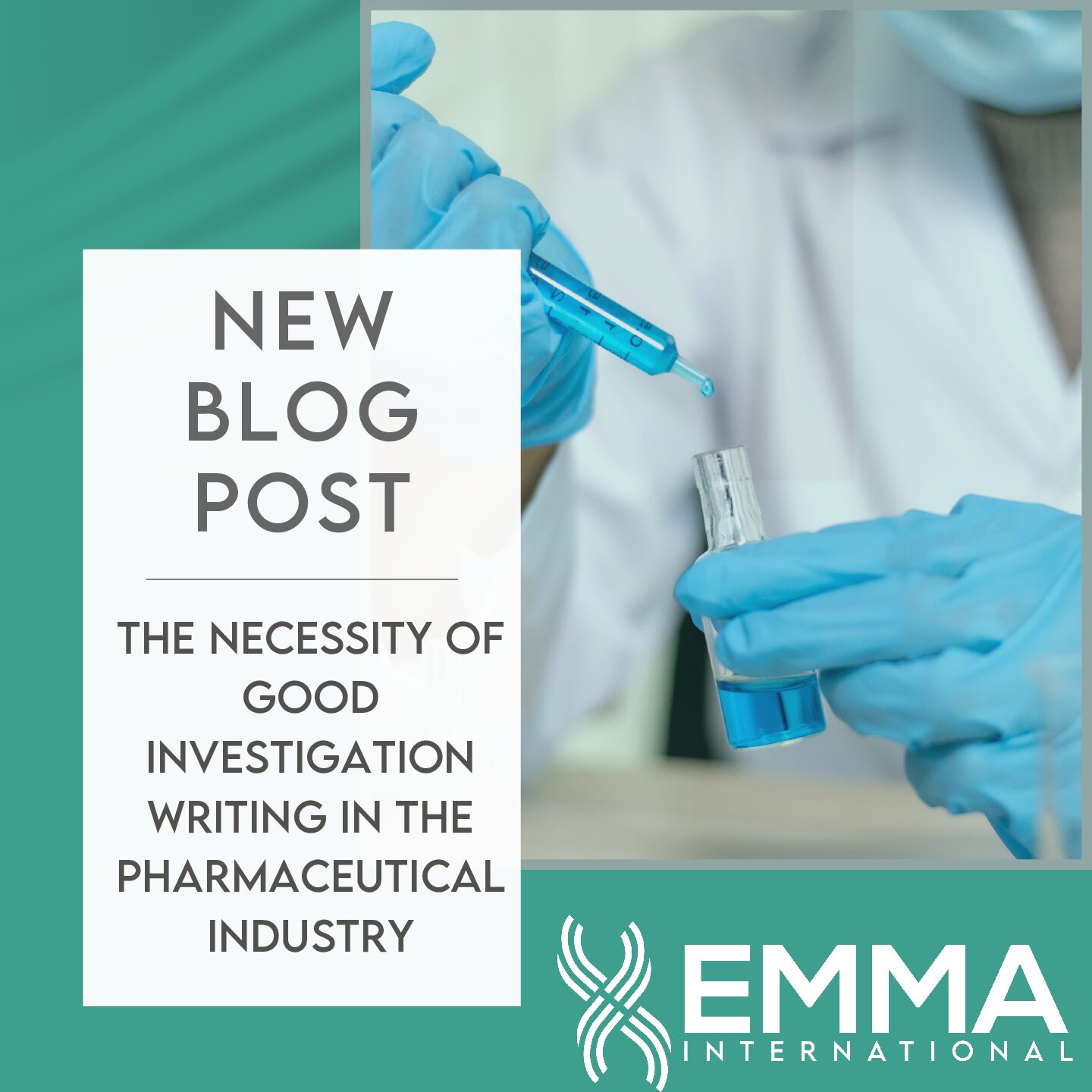Clinical trials are fundamental to the development of new drugs and biologics, providing crucial data on safety and efficacy before products are made available to the public. However, ensuring the safety of trial participants is paramount throughout the research process. To this end, the FDA has established guidelines for Investigational New Drug (IND) safety reporting. In this blog post, we’ll delve into the FDA’s guidance on IND safety reporting, its significance, and how it helps protect the well-being of clinical trial participants.
An Investigational New Drug (IND) application is a request for authorization from the FDA to administer an investigational drug or biologic to humans. As part of the IND process, sponsors are required to submit safety reports to the FDA to inform regulators of any adverse events or safety concerns that arise during clinical trials.
The FDA’s guidance on IND safety reporting outlines the requirements for sponsors, investigators, and institutional review boards (IRBs) regarding the collection, evaluation, and reporting of safety information during clinical trials.
The FDA’s guidance on IND safety reporting covers several key aspects:
- Adverse Event Reporting: Sponsors are required to promptly report any serious and unexpected adverse events (SAEs) that occur during a clinical trial. This includes events that result in death, are life-threatening, require hospitalization or prolongation of existing hospitalization, result in persistent or significant disability or incapacity, or are deemed medically important.
- Expedited Reporting: Certain types of adverse events, such as those that are unexpected and potentially related to the investigational product, may require expedited reporting to the FDA within specific timeframes. This allows regulators to assess the safety profile of the investigational product in a timely manner and take appropriate action if necessary.
- Annual Safety Reports: Sponsors are also required to submit annual safety reports summarizing all safety information collected during the previous year’s clinical trials. These reports provide regulators with a comprehensive overview of the safety profile of the investigational product over time.
IND safety reports provide regulators with essential information to evaluate the safety profile of investigational products and make informed decisions regarding their continued development and potential approval. IND safety reporting also promotes transparency and accountability in clinical research by ensuring that safety information is promptly and accurately communicated to regulators, investigators, and participants.
The FDA’s guidance on safety reporting for investigational new drugs plays a critical role in safeguarding the rights and well-being of clinical trial participants. By outlining requirements for the collection, evaluation, and reporting of safety information, the FDA helps ensure that investigational products are developed and evaluated in a manner that prioritizes participant safety. EMMA International’s clinical trial and GCP experts can help ensure that all reporting to the FDA for your clinical trial is done accurately and on-time. Call us at 248-987-4497 or email info@emmainternational.com to learn more.FDA (April 2020) Safety Reporting Requirements for INDs (Investigational New Drug Applications) and BA/BE (Bioavailability/Bioequivalence) Studies retrieved from: https://www.fda.gov/regulatory-information/search-fda-guidance-documents/safety-reporting-requirements-inds-investigational-new-drug-applications-and-babe





